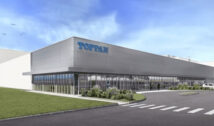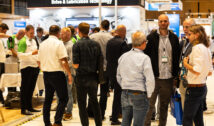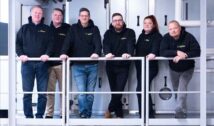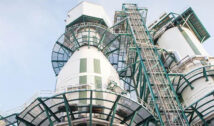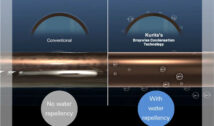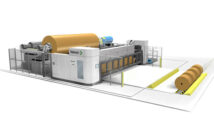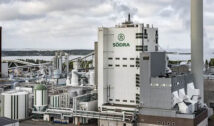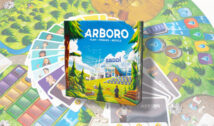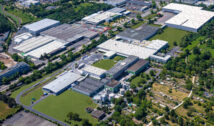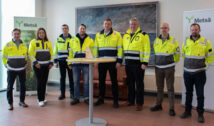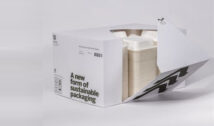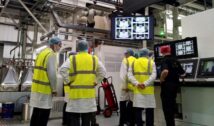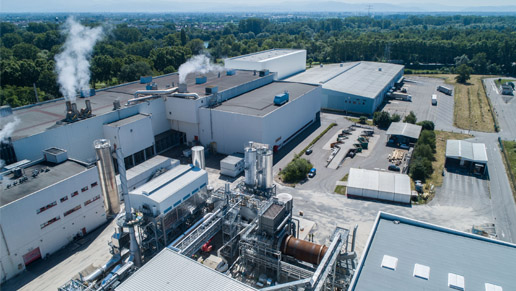
At VPK, we continuously strive for innovations that deliver on our sustainability promise and increase efficiency. This month, the new power plant at the Blue Paper site in Strasbourg has been put into operation. The ambitious project, for which 25 million euros were invested, enables the site to convert its own residual materials into thermal energy and will reduce natural gas consumption significantly.
From waste to steam
Blue Paper produces more than 1000 tons of packaging paper every day, using exclusively recycled fibres. The fibres are gained through a recycling process that extracts and purifies reusable paper fibres and separates them from residual materials.
These residual materials – a combination of mainly non-reusable fibres, plastics and other materials – were previously transported to an offsite recycling unit.
With the new onsite power plant, this transport has become superfluous “All 25,000 tonnes of annual residue will be converted into steam on site, keeping 500 trucks per year off the road”, explains Johan Dhaese, head of Energy and Environment “We will use the steam to dry the new paper. This way we’re saving the majority of the natural gas consumption and making optimum use of all material flows.”
From start to end
With this investment, VPK aims to close the sustainable loop completely, from the collection of materials throughout the complete production process. The Blue Paper mill, co-owned by VPK Packaging Group and Klingele Papierwerke, has been at the forefront of sustainable innovation since 2013:
- 2013: Conversion of the paper mill, producing recycled packaging paper instead of virgin fibre magazine paper.
- 2014: A biogas engine and steam turbine are installed to further increase energy efficiency. Together the installations produce one third of the electricity and half of the steam that is consumed.
- 2017: VPK starts the construction of a new thermal power plant to valorise production waste.
- 2019: Residual materials are transformed into steam on site, which is then used to dry paper.
The project received support from ADEME (Agence De l’Environnement et de la Maitrise de l’Energie). The investment was also selected by CEPI, the Confederation of European Paper Industries, to be showcased in the European Parliament in February together with other European success stories about investments in innovation and ground-breaking technology.




